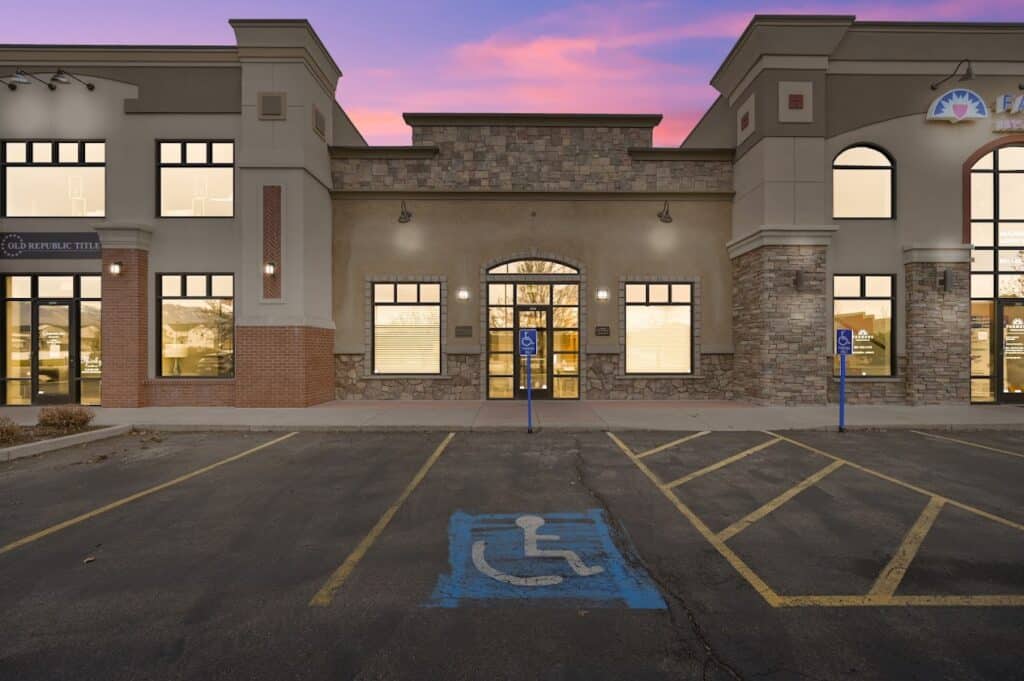Post-Traumatic Stress Disorder (PTSD) is a trauma disorder caused by a severe event or period of distress that puts the body into survival mode. Some of the events that could result in PTSD include:
The effects of unresolved trauma can be severe and cause long-term damage if not treated. Research shows people with PTSD have higher rates of other mental health problems, chronic illness and even a shorter lifespan.
Stomach issues, headaches, dizziness, blurry vision, increased breathing & heart rate, muscle and joint pain, chronic inflammation, autoimmune disease
Flashbacks or nightmares, overwhelming fear and anxiety, panic attacks, depression, shame, guilt, problems regulating emotions, difficulty forming connections and managing relationships
Impulsive and reckless behavior, violence or aggression, substance abuse, self-harm behaviors, suicidal thoughts

PTSD inpatient treatment provides 24-hour care for individuals who have experienced trauma. We offer trauma-focused therapy for adults such as Trauma-Focused CBT, EMDR, & Accelerated Resolution.

Our PHP provides clients with intensive therapy while allowing them to return to the comfort of their homes in the evening. Our PHP gradually helps clients re-engage with their community, prepare for employment, and successfully re-enter school.

Our IOP provides flexibility so clients can continue their daily routines such as work or school. Trauma-informed therapists licensed in EMDR, CBT, DBT & ART can tailor therapies to the individual needs of each client.

Our family program helps clients stay in touch with family and build a support system. Clients who have complex trauma may struggle with relationships. Having loved ones as part of the healing process can make treatment outcomes for trauma more successful.

We offer trauma-focused therapies tailored to the unique needs of each client we serve to help create the best plan of treatment. Some of the trauma specific services we offer include EMDR, Accelerated Resolution, trauma-focused CBT and Dialectical Behavior Therapy.
PTSD can cause a number of distressing symptoms that affect one’s mental and physical health. Some of these include anxiety, depression, shame, guilt, flashbacks or nightmares, stomachaches, headaches, muscle & joint pain, substance abuse and self-harm.
There is no quick fix for PTSD, but with proper treatment and support clients can learn to manage symptoms and live a life free of being controlled by trauma.

We are specifically formulated to offer personalized therapeutic interventions to adult individuals with mental health disorders.

We provide a comprehensive Intensive Outpatient Program (IOP) that offers clients the opportunity to attend group therapy sessions three to five times a week.
Corner Canyon now accepts most major health insurance plans. Get in touch with our admissions team today.